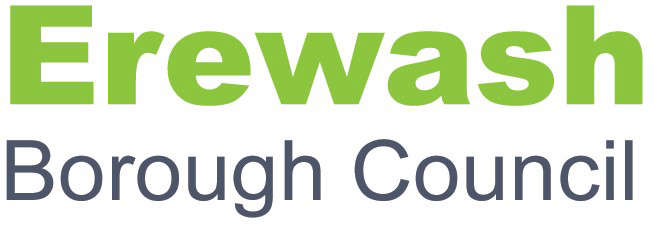-
 play_arrow
play_arrow
Erewash Sound Love Music - Love Erewash
-
 play_arrow
play_arrow
EXCLUSIVE INTERVIEW: Andy Warhol's iconic works are coming to Nottingham Erewash Sound
East Mids unemployment rate rises but economic inactivity slows to give businesses breathing space
today15 August 2023 1
The East Midlands’ unemployment rate has risen to 3.7% for the period between April and June 2023, new figures by the Office for National Statistics (ONS) show.
It increased by four-tenths of a percentage point from the previous reporting period to May, but remains behind the UK unemployment rate of 4.2%.
However, the region’s economic inactivity rate – which measures the number of working-age people who have dropped out of the labour market for reasons such as retirement, caring duties, long-term ill health or studying – dropped by six-tenths of a percentage point to 20.6%, the lowest level in two years. Before the pandemic, it trended below 19%.
East Midlands Chamber chief executive Scott Knowles said: “While the region’s unemployment rate has risen slightly, it appears to have stabilised over the past six months or so around its current level, which remains below where it has historically been. This reflects the great resilience of the East Midlands business community amid a very tough trading environment.
“Rising economic inactivity has been one of the greatest concerns over the past year as it led to a dwindling labour market, which has restricted capacity – and therefore the ability to grow, raise productivity and bring prices down.
“While this rate remains above pre-Covid levels, it’s pleasing to see this has now come down by just 2% in the past six months, giving firms more room to manoeuvre.
“Our own research backs this up but also illustrates persistent challenges, with our Quarterly Economic Survey showing seven in 10 businesses that attempted to recruit between April and June experienced problems in filling roles, compared to eight in 10 at the end of 2022.”
Nationally, regular pay grew by 7.8% during this period, a record annual increase. Consumer prices index inflation was 7.9% in the 12 months to June.
Scott added: “While recruitment problems may be easing slightly, the record rise in wages suggests firms are still facing major cost pressures as the labour market tightness has forced employers to pay more for people at a time when they are being hit by inflation and surging interest rates.
“This is perhaps why future recruitment prospects are less optimistic, with a net 6% decline in East Midlands businesses adding to their headcount for the next three months. The proportion of firms intending to invest in training also declined by 3%, suggesting business confidence is more fragile.
“What we really need is a dedicated Government policy that supports companies to invest in their people, whether that be in upskilling their existing workforce or reskilling prospective employees to fill skills gaps.
“In our Business Manifesto for Growth, we have set out a list of policies we believe will make the required difference, including introducing flexible incentives for businesses that invest in staff training and bringing forward the introduction of the Lifelong Loan Entitlement to support retraining and the retainment of an older workforce.
“We must also tailor policies to recognise the diversity of people who are out of work and avoid a one-size-fits-all solution. We would also like to see Government work with businesses to offer support, and share best practice, on what a flexible and inclusive workplace looks like as this is another vital ingredient in enticing people back to work.”
Written by: Erewash Sound
Sponsors
ON AIR
SEARCH
CATEGORIES
RECENT POSTS

Working together to find homes for children

2026 London Marathon World Records bid set as charity founder takes on 26.2 miles in 7kg costume

Council tax: Erewash looks to unveil big freeze! Comment before 10th February!

PCC welcomes partnership action to bring communities relief from ASB

Two arrested after teenager assaulted at house in Cotmanhay
103.5 & 96.8 FM
LOVE MUSIC
LOVE EREWASH
Office: 0115 888 0968
Studio: 0115 930 3450
Erewash Sound, The Media Centre, 37 Vernon Street, Ilkeston, DE7 8PD
© Copyright 2026 Erewash Sound CIC. All Rights Reserved. Company Number 6658171.






